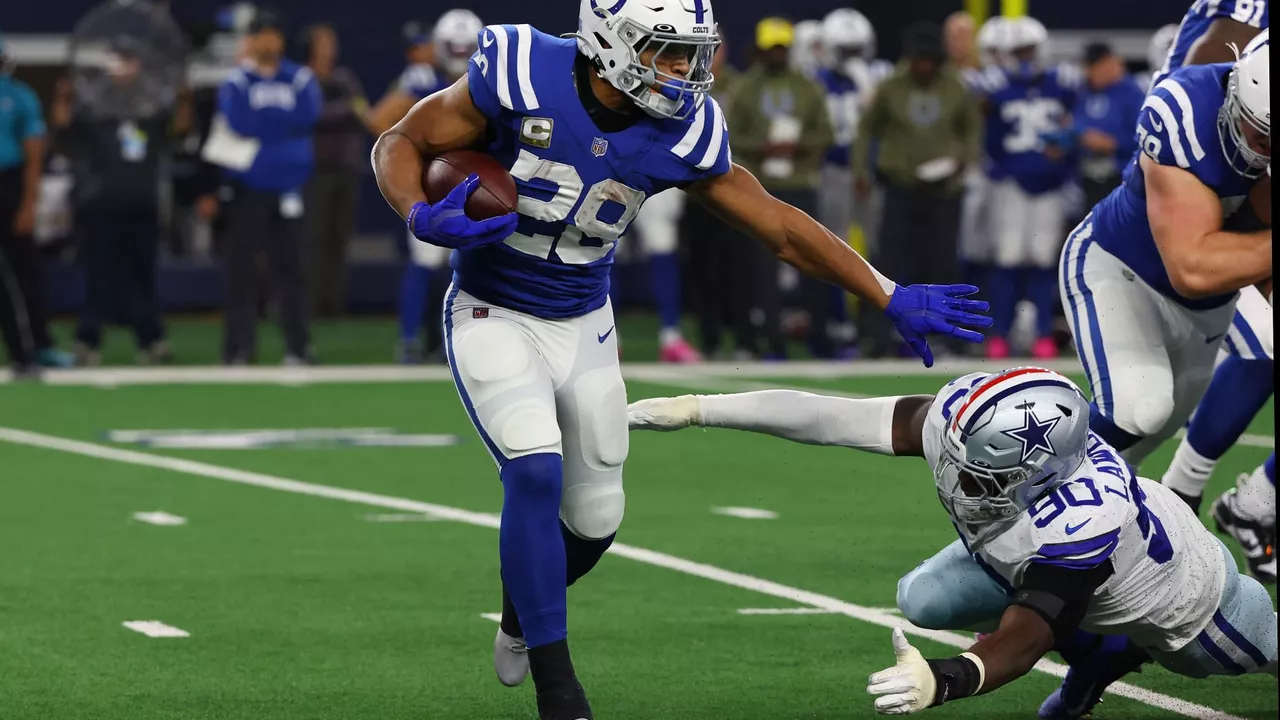Season Length: How Long Do Sports Seasons Actually Last?
Ever wonder why some leagues finish in a few months while others stretch across most of the year? The answer lies in the way each sport is built, the number of games, and the calendar the league follows. Knowing the basics helps you plan your viewing schedule, avoid missing key moments, and understand what teams go through during a long grind.
Major League Baseball: The 162‑Game Marathon
MLB runs the longest regular‑season schedule in U.S. pro sports. Teams play 162 games over roughly six months, usually from early April to late September. The long stretch lets every club face each opponent multiple times, which balances out hot streaks and slumps. After the regular season, the playoffs add up to three more weeks, culminating in the World Series in early October. The sheer number of games means players deal with travel fatigue, rain delays, and constant roster tweaks.
NBA, NHL, and NFL: Different Paces, Same Goal
The NBA and NHL both pack about 82 regular‑season games into a five‑month window, typically from October to April. The NBA schedule is tighter because teams travel more often, while the NHL adds extra travel due to arena availability. Both leagues then host a multi‑round playoff that can extend another two months. The NFL is the opposite: just 17 regular‑season games per team, spread over 18 weeks from September to early January. Fewer games mean each matchup carries more weight, and the short season creates a high‑stakes feel.
College sports follow their own rhythm. College football usually has 12 regular‑season games plus a potential conference championship, wrapping up by early December. College basketball, on the other hand, mirrors the pro schedule with around 30 games before March Madness begins. The compact college schedule often leads to intense weeks with little rest.
Why does season length matter to you? A longer season means more chances to watch your favorite team, but it also means more chances to miss games due to work or travel. Shorter seasons create bigger hype for each game, so you might want to prioritize big matchups. Knowing the calendar lets you set alerts, plan viewing parties, and even schedule your own fitness routine around game days.
If you’re trying to keep up with multiple leagues, use a simple spreadsheet or a free sports app that shows start and end dates for each season. Mark the first and last games, then add the playoff windows. That way you’ll never be surprised by a sudden schedule change or a hidden game night.
Bottom line: season length varies a lot, from MLB’s 162‑game grind to the NFL’s 17‑game sprint. Understanding each league’s schedule helps you stay on top of the action, plan your time, and enjoy the sport without feeling overwhelmed.
Why is the NFL season so short?

The NFL season may seem short compared to other sports, but there's a good reason for it. Football is a high-impact, physically demanding sport that requires an extended recovery period between games. The 17-week schedule allows for one game per week which not only helps prevent injuries but also builds anticipation and excitement among fans. Furthermore, the intense training and post-game recovery periods are critical for the athletes' health and performance. So, it's not just about the games we see, but also about the unseen groundwork that makes a successful and safe season.
- July 26 2023
- Maverick Sterling
- 0 Comments